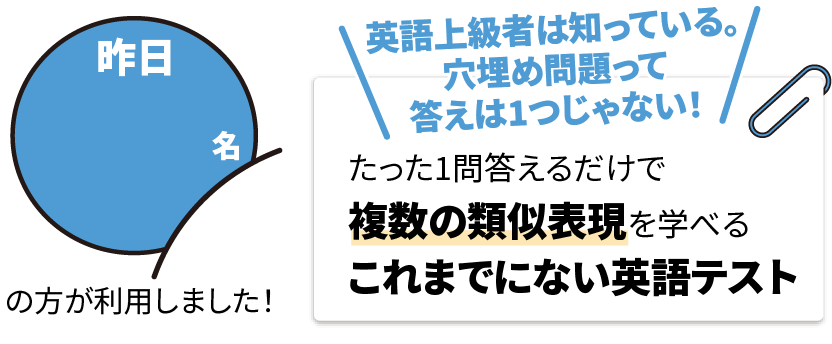Hello! This is Erika from Finland.
Let me tell you Finland’s shameful secret.
Ahem… Okay, here goes: Finnish people can’t speak Swedish.
”So what?” you may think. Well…
Finland has a 5% minority of Swedish-speaking people. They are not Swedes, but Finns who happen to speak Swedish as their mother tongue. Some of them can speak Finnish, while some of them speak only Swedish. In some areas, they are the majority, while some areas have very few Swedish speakers.
Because of this, all Finnish-speaking Finns are required to study Swedish for at least three years. (Naturally, the Swedish speakers study Finnish.) If you go to high school or vocational school, you study Swedish for at least six years. The methods are similar to the ones used in English education, so there’s nothing wrong with the teaching itself.
And yet, despite this, most Finns are really, really bad at speaking Swedish.
Most Finns can speak English more or less fluently after studying it for six years, but when they’re asked to say something simple in Swedish, they just freeze. But why?
Well, I’m pretty sure the reason is this: many Finns have no chances to actually use Swedish. Unlike English, which we hear on TV all the time (most programs are subtitled) and use on the Internet, Swedish is only used at school unless you happen to live in an area with a large Swedish-speaking population.
This is actually quite similar to English in Japan! Unless you really look for them, there aren’t that many opportunities to hear or use English, and you can live your everyday life without speaking a word of English.
On top of everything, the Swedish spoken in Finland is quite different from the language spoken in Sweden, so even if we can understand a Swedish speaker from Finland, we may not understand Swedish-speaking Swedes at all. As a result, Finns and Swedes tend to communicate in English. Even I am too embarrassed to even try to speak Swedish in front of a Swedish person.
I like studying languages, so I wasn’t bad at Swedish. I can understand written Swedish, Norwegian, and even Danish. However, when I visited Sweden, I couldn’t say a thing. People thought I was a local, so they would ask me for directions. I could understand what they were asking, but I had absolutely no idea what to say in return! When I answered in English, they seemed confused, and I felt horrible!
From my own experience, I can say this: learning a language is not about the years you spend studying it. To learn a language, you must use it in your everyday life. I could speak English fluently even before I had met any native speakers in person because I actively used it on the Internet and heard it on TV practically every day.
Meanwhile, my Swedish is just… pretty sad. However, I am thankful that I had the chance to study it at school! Thanks to it, even if I can’t speak or write an essay in Swedish, I can understand written texts pretty well. Also, if I want to start using Swedish in the future, it will be much easier to me to become fluent because I’ve already studied it in the past. All those years weren’t in vain after all. Remember: it’s never too late to get better!

日本語能力試験最難関のN1取得。幼い頃から日本文化に興味を持ち、日本語も日本人と見分けがつかないほど流ちょうに使いこなせるN1講師。座右の銘は「Challenge yourself!」
※このブログでは英語学習に役立つ情報アドバイスを提供していますが、本ブログで提供された情報及びアドバイスによって起きた問題に関しては一切、当方やライターに責任や義務は発生しません。
※ここでの情報や助言を参考に英文を書いたり下した判断は、すべて読者の責任において行ってください。ここに掲載されている記事内の主張等は、個人の見解であり当社の意見を代弁・代表するものではありません。







 (25 イイネ!が押されています)
(25 イイネ!が押されています)



























